From small-scale farming households, Cay Duong town, Phung Hiep district has established a Cooperative Economic Group for civet farming in Hung Phu hamlet, contributing to increasing income for people.
Raising civets, Ms. Tuyen's family earns about 150 million VND per year on average.
Mr. Nguyen Van Phat, Chairman of the Farmers' Association of Cay Duong town, said: "When the Cooperative Economic Group for Civet Raising was first established, it had 16 members, and now it has increased to 25 members. Raising civets is not difficult, and it brings in quite high income. Some households earn hundreds of millions of dong each year."
The family of Ms. Doan Thi Mong Tuyen, in Hung Phu hamlet, a member of the Cooperative Economic Group for raising civets, has just sold 15 pairs of breeding civets, each pair was sold for 8 million VND, the family earned 120 million VND. Ms. Tuyen shared: “Civets are wild animals, when raising them, my family registered with the authorities. Every time the herd increases or decreases, we report it. And when selling, we ask for a license from the District Forest Protection Department to have a clear origin.”
Ms. Tuyen's family has been raising civets for about 8 years now. At first, seeing that her acquaintances were earning high incomes from raising them, the family tried raising 3 civets. Thanks to learning, researching and applying good techniques, the civet herd has grown and developed. Up to now, there are 40 civets, including 17 mother civets. Civets give birth 3 litters a year, each time from 3-5 civets. With the current number of mother civets, the family sells on average dozens of breeding pairs of civets each year.
Talking about raising civets for reproduction, Ms. Tuyen said: “This is a very easy animal to raise. As long as the breeder knows how to build a cage, care for them and breed them, they will be successful. Civets start to reproduce after 10-15 months of raising them, but the best time to give birth is when they are about 12 months old. Each breeding pair of civets is sold for 7 to 8 million VND. On average, my family earns about 150 million VND per year. Compared to rice farming, raising civets is much easier and more profitable, and the output is also stable.”
Civets are wild animals with high economic value, when raised, current regulations must be followed. The price is always high, and currently Ms. Tuyen's family still does not have enough civets to supply local customers and some neighboring areas.
Realizing that the civet farming model brings high economic efficiency, the family of Mr. Nguyen Nhi Anh, in Hung Phu hamlet, also learned to follow suit. Mr. Nhi Anh said: “My family is a poor household, without fields or gardens. I work for hire, but the work is sometimes available, sometimes not, and the income is unstable. Seeing that civets are easy to raise, and can take advantage of the area to raise them in the house, I implemented this model, hoping to improve my income.”
At first, due to economic difficulties, Mr. Nhi Anh raised 2 parent civets. When joining the Cooperative Economic Group for raising civets, he was instructed on breeding techniques and his family was also supported with preferential loans. Mr. Nhi Anh shared: “My family borrowed 100 million VND to build a cage and buy more civets to raise. Up to now, the family has a total of 18 civets (12 females, 6 males)”.
The civet farming model of members of the civet farming cooperative in Hung Phu hamlet has brought high efficiency. From there, it has increased income for people. Mr. Nguyen Van Phat, Chairman of the Farmers' Association of Cay Duong town, added: "Promoting the achieved efficiency, in 2024, the Farmers' Association of the town will continue to coordinate with functional agencies to replicate the model, helping people have a stable source of income and develop the economy".
Article and photos: BICH CHAU
Source


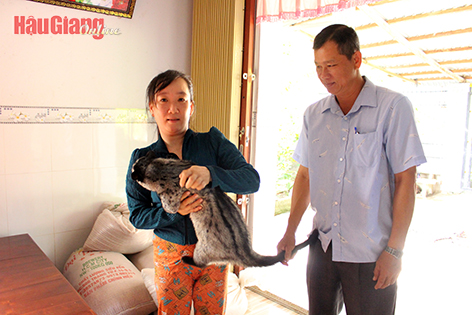










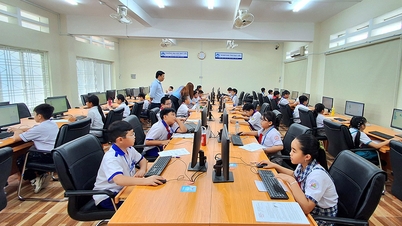
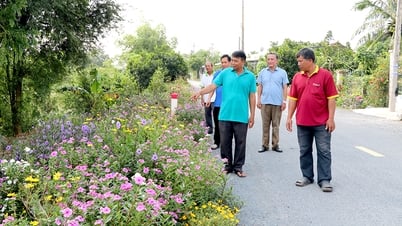






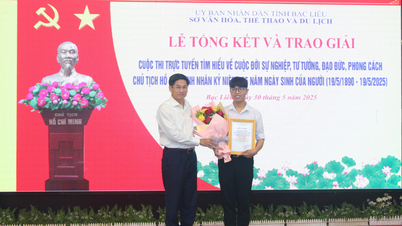




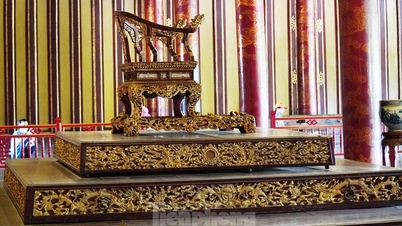























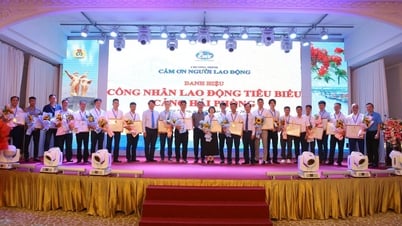



















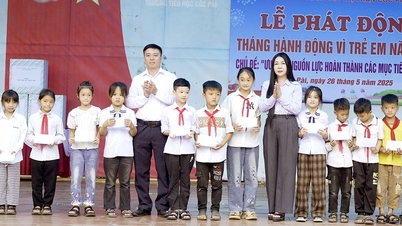




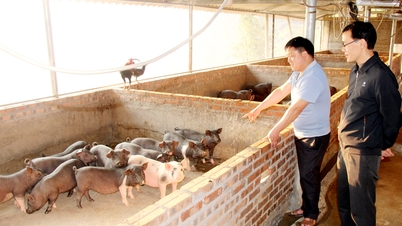
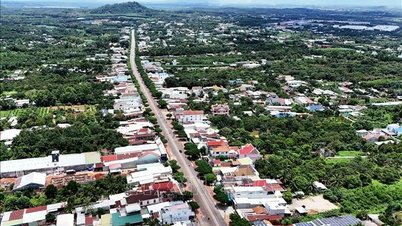



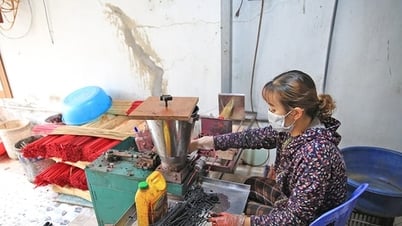








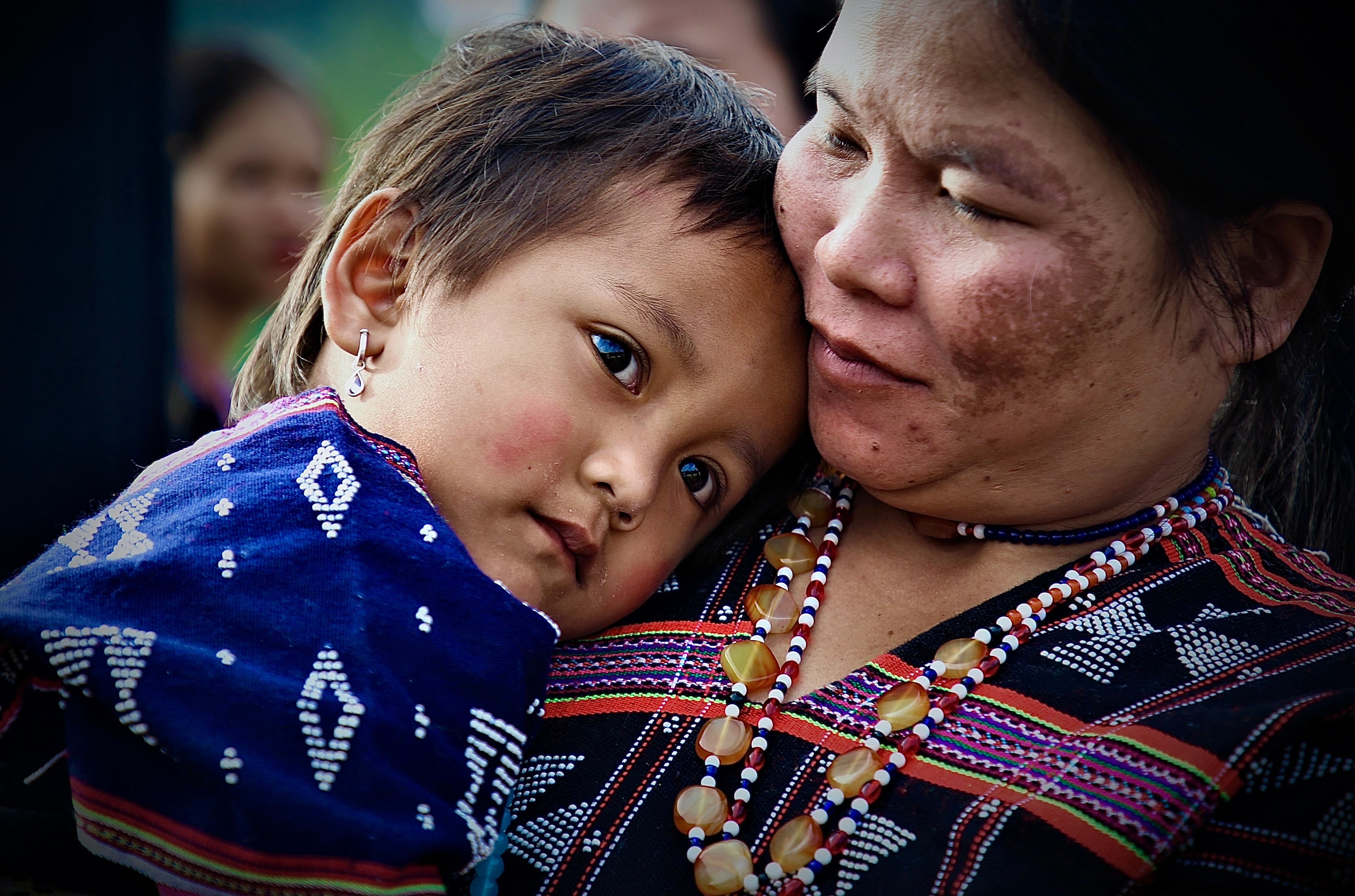

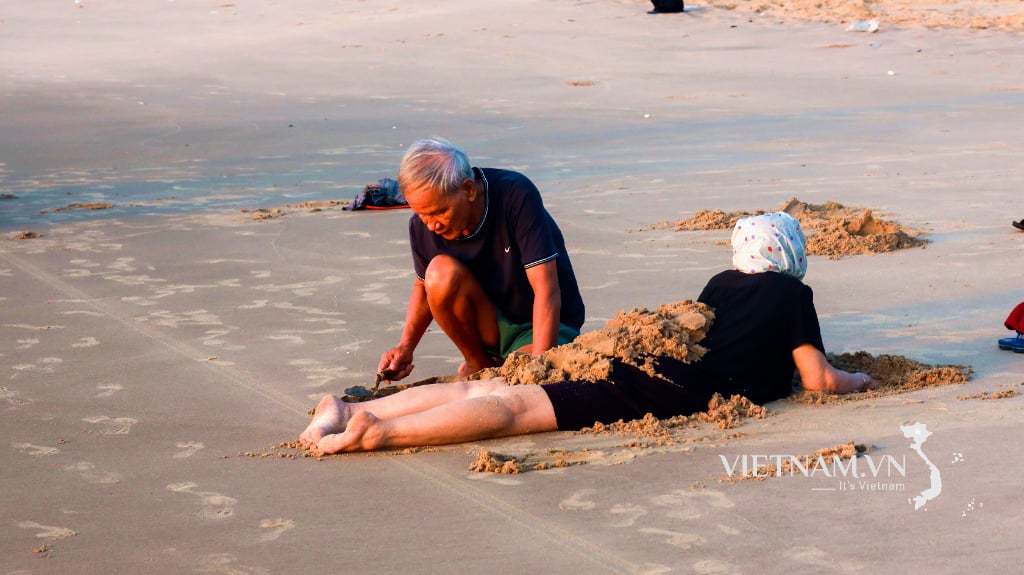

Comment (0)